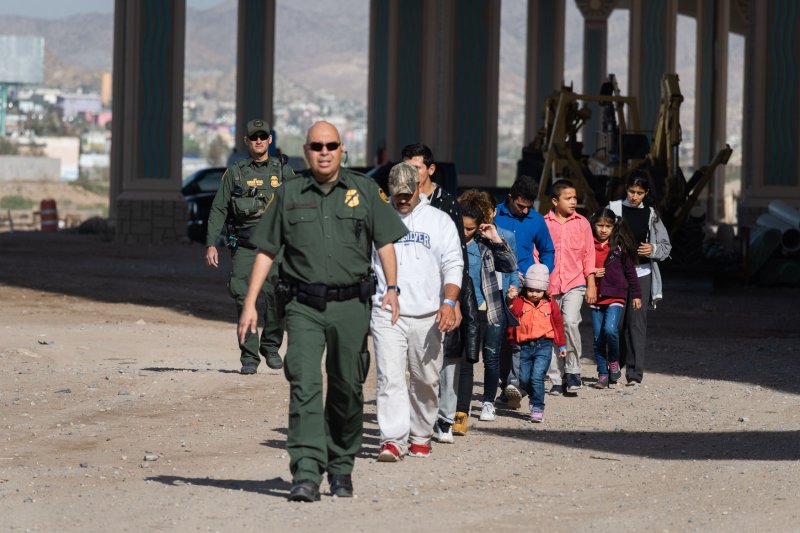May 29 (UPI) -- Immigration and Customs Enforcement put out a call seeking help implementing a rapid DNA test for migrants trying to cross the U.S.-Mexico border to verify familial relationships.
The agency asked for a contractor to assist in its efforts to carry out the tests at seven locations along the southern border. ICE wants the tests to be completed within 90 minutes or less.















